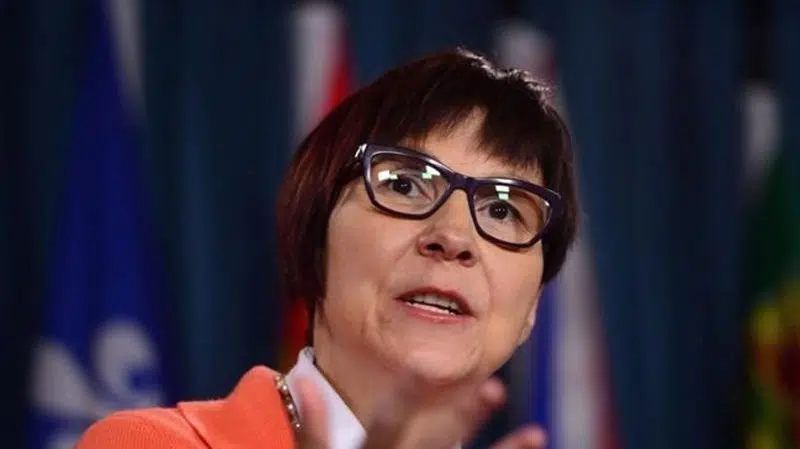
Ottawa spent at least $8 million on First Nations child welfare case: documents
OTTAWA — Newly released documents show Ottawa has spent more than $8 million in legal fees in the ongoing human rights case over First Nations child welfare.
Cindy Blackstock, executive director of the First Nations Child and Family Caring Society, which filed the human rights complaint close to 13 years ago, obtained the documents through the Access to Information Act.
The total amount, first reported by APTN, differs from the $5.2 million cost estimate tabled recently in the House of Commons by Justice Minister David Lametti.
Blackstock says she believes the government has likely spent even more than $8 million on this case since she filed the complaint in 2007, and expressed disappointment that so much has been spent in court rather than immediately compensating Indigenous children and families.
